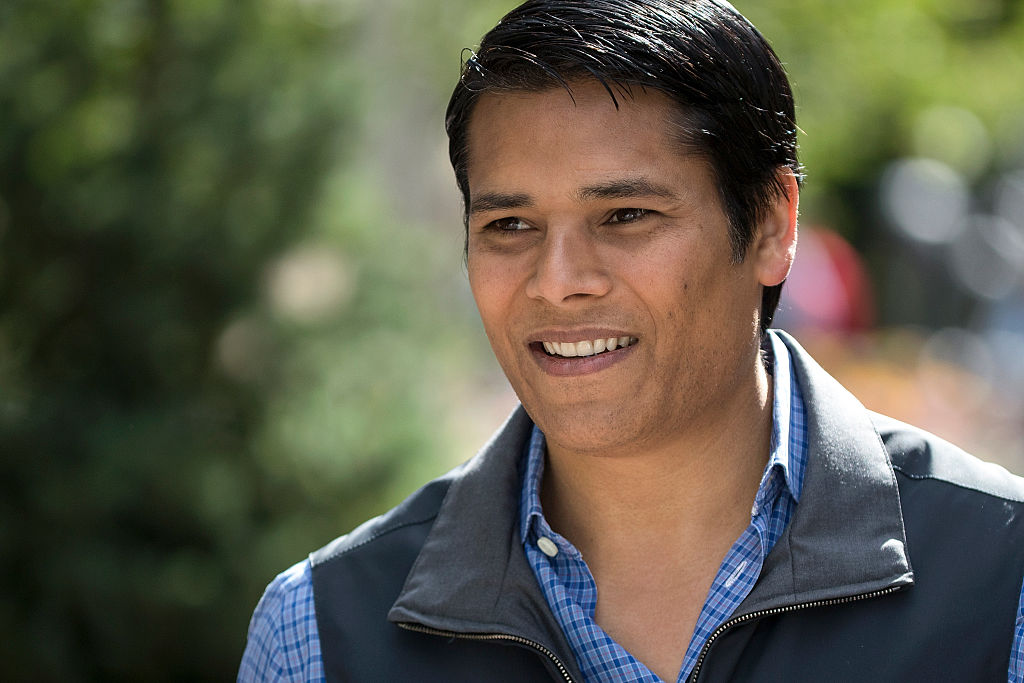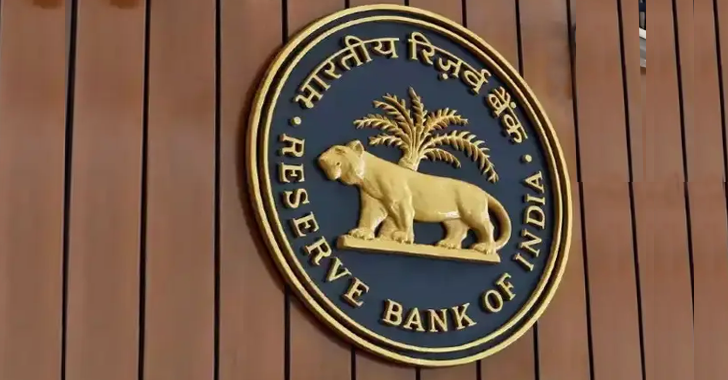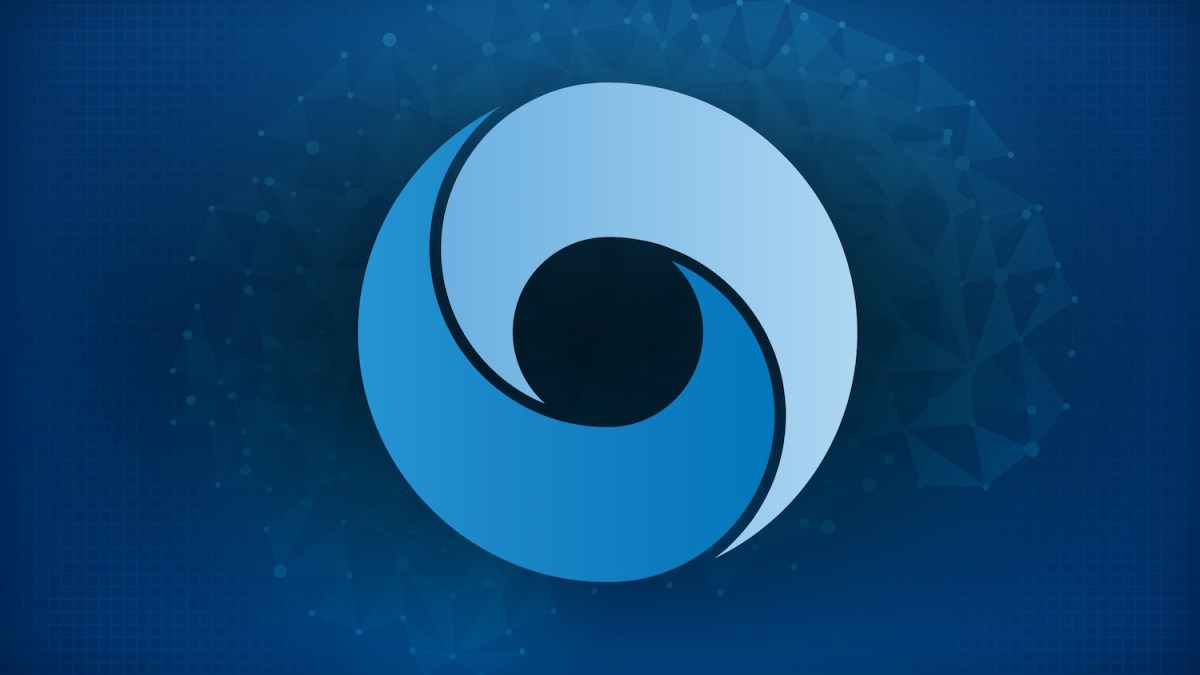The social media landscape is often associated with scale, but Nextdoor has long focused on cultivating smaller, local communities. Despite its initial success, the 15-year-old company’s growth eventually plateaued, with users finding less reason to engage beyond transactional purposes. Misinformation, racism, and petty bickering also became prevalent, deterring users.
Nirav Tolia, who founded Nextdoor and led it until 2018, has returned to the company with a mission to revitalize it. Tolia has a personal stake in the company’s success, being the largest individual shareholder, and has a strong motive to prove himself capable. With a current market cap of around $1 billion, Nextdoor faces significant challenges, including dwindling advertiser interest and flattening growth.
Tolia is working to address these issues, with a focus on creating a better product that provides more value to users. He believes that Nextdoor’s proprietary data, generated from the platform, is a valuable asset that sets the company apart from others, such as Reddit. Tolia aims to leverage this data to improve the user experience and attract more long-term investors.
In a recent conversation, Tolia discussed his vision for Nextdoor’s future, including plans to introduce new content from various sources, such as local businesses and news publishers, to broaden the platform’s value proposition. He also acknowledged the challenges of balancing free speech with the need to maintain a positive and constructive conversation environment, and expressed optimism about the potential of AI technology to help address these issues.
When asked about the possibility of taking Nextdoor private, Tolia emphasized the benefits of being a public company, including the ability to take long-term bets and build a strong brand. However, he also recognized the challenges of being a subscale company, with a market cap below $3 billion, which can limit the company’s ability to attract large institutional investors.
Tolia’s relationship with Bill Gurley, a longtime board member and influential venture capitalist, was also discussed. Tolia denied reports that Gurley had engineered his ouster from the company, and instead emphasized the importance of their working relationship and their shared commitment to making Nextdoor a success.
As Nextdoor looks to the future, Tolia remains confident in the company’s potential, citing its unique position in the market and its ability to provide a valuable service to users. With a renewed focus on product development and user experience, Nextdoor aims to regain its momentum and achieve its full potential.
Interview with Nirav Tolia
You’ve been on a media tour lately. What’s the purpose of this?
Tolia: As we work internally to get our plan together, it’s essential to tell our story externally. Nextdoor has been around for 14 years, with 100 million verified neighbors, but we believe the company doesn’t have the relevance it can have and isn’t achieving its potential.
You’ve said you’re planning to change the product. Can you elaborate?
Tolia: We’re creating a new product, which we call the “next Nextdoor,” to make it more powerful for users to feel connected to their local communities. We’re introducing new content from various sources to broaden the value proposition and provide more relevant information to users.
How do you plan to address the issue of misinformation and racism on the platform?
Tolia: We’re working to improve the user experience by reminding neighbors that the platform is about community and coming together. We’re also leveraging AI technology to detect and prevent heated language and unconstructive expressions. We’ve developed a kindness reminder feature that uses AI to review posts before they’re published and suggests reframing language that may be unconstructive.
Would you ever use AI to dampen political conversations on the platform?
Tolia: Our policy is to not allow national political conversations on the platform. However, we can create dedicated groups for political discussions, and we’re exploring ways to use AI to shunt these conversations into separate areas. We’re also working to improve our AI technology to detect and prevent unconstructive language and expressions.
Is the AI technology developed in-house?
Tolia: Yes, our AI technology is developed in-house. We have the necessary ingredients to do great things with AI, including engineers, proprietary content, and a large audience to test our language models against.
Would you ever license the AI technology to other companies?
Tolia: I have a strong point of view that if you have a proprietary database of content that’s the reason users visit your platform, it’s very dangerous to give that away to other companies. I believe that if users want the value of Nextdoor, they should come to Nextdoor directly.
Can you comment on your relationship with Bill Gurley, and the report that he engineered your ouster from the company?
Tolia: The report is not accurate. Bill is someone I’ve known since 1996, and we’ve worked together since 1999. He’s been influential in my career, and I think extremely highly of him. We don’t always agree, but we have a great working relationship.
Do you think Nextdoor would be better off as a private company?
Tolia: When you’re a public company, you have more responsibilities and are tracked more closely. However, I believe that if you want to be a great company, you need to do it as a public company. It’s like playing in the Major Leagues versus the minor leagues. Private companies are still minor leagues.
Who owns Nextdoor at this point?
Tolia: I am the largest individual investor, and Bill and Benchmark are the largest institutional investors. Neither of us has sold our shares since the IPO, and we feel confident in the company’s potential. Cathy Wood’s Ark Investment Management recently acquired a 4% stake in our Class A shares, which we see as a positive development.
Source Link





